Simon Ings is a novelist, science writer and editor of Arc, New Scientist's magazine about the future. His latest novel, Wolves, explores an imagined future world where Augmented Reality reigns.
Here, he speaks to Vassili Christodoulou about science fiction, J.G. Ballard, and whether Google Glass will ever really take off.
Wolves is identified as a tribute to Ballard. What do you consider his influence on you as a writer and contemporary literature and science fiction as a whole?
It's much more an homage to John Wyndham than to Ballard. Wyndham lived near my home town and the house where my protagonist dispenses the body of his mother is actually the house where Wyndham lived. So there’s a bit of self-indulgent forelock tugging there. Obviously no writer of my generation or the generation previously is going to be without influence from Ballard, but I think what’s especially interesting is where Ballard is drawing his influences from, largely Joseph Conrad. That form of delivery, that very calm, almost hypnogogically lucid, form of delivery is something we’ve inherited with our mother’s milk if you like.
Ballard harnessed a particular British tradition of fantasy with an interest in apocalyptic adventure narratives derived from the American tradition, and then played a very clever game by saying that things which were already happening in the real world were now happening to middle-class white people. This is a perfectly legitimate thing to do and is salutary, as well as entertaining, for the middle-class white people who read his books.
Presumably because it’s not actually happening to them in quite the way he imagines? For example: we rarely see blocks of luxury flats descend into civil war in the real world.
Sure, but had you been in Mozambique during the civil war in the 1970s, you'd have found a city where blocks of flats still stood, but with all the wood – including floorboards – taken out and used to cook food on the balconies of tower blocks. It all exists within a world of metonym and metaphor.
Your protagonist is called Conrad – were you, like Ballard, referring back to Joseph Conrad?
That happened quite late actually. I needed to strip out all the identifying marks, or at least as many cultural markers as I could, from the book in order to make it work. One problem with writing about a real emerging technology – there’s virtually nothing in that book that isn’t real in some form or other – is that it dates faster than your average unrefrigerated yoghurt. In order to maintain the realism and not have the book become out-of-date as I was writing it, I found myself needing to remove the cultural specificity.
I delivered a draft and then realised, even as I pressed the send button, that all my names were English, irremediably English, and that they had no pan-European quality to them whatsoever. All the names were changed at the last minute, so changing my main character's name to Conrad was a happy Freudian slip – a last-minute Freudian act that I'm now quite chuffed about, and which I'm sure Jimmy Ballard would appreciate.
One of the more subversive qualities of Ballard’s fiction is the sense of psychic fulfilment that his characters feel as the cataclysm unfolds around them. In Wolves the protagonist’s best friend writes apocalyptic fiction and seems to be a tribute to the Ballardian hero, whereas the hero Conrad is more conservative: more Wyndham-esque, if you will. Was this a conscious dichotomy?







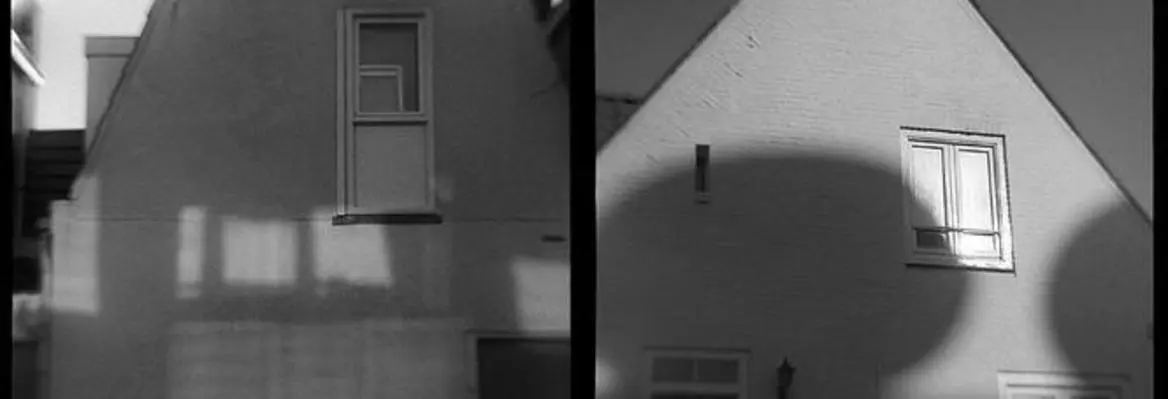





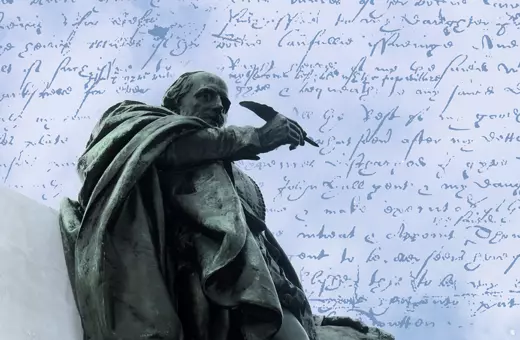
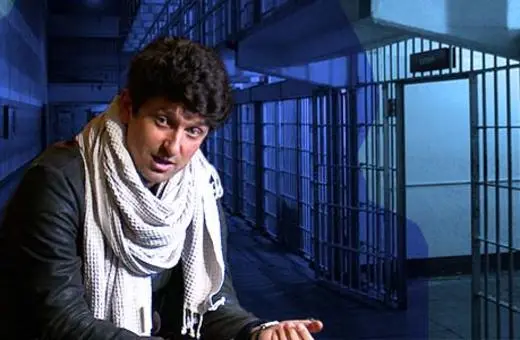

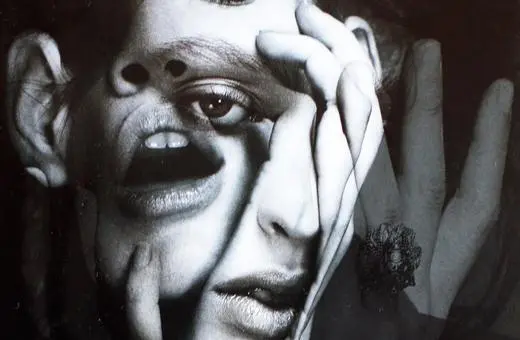
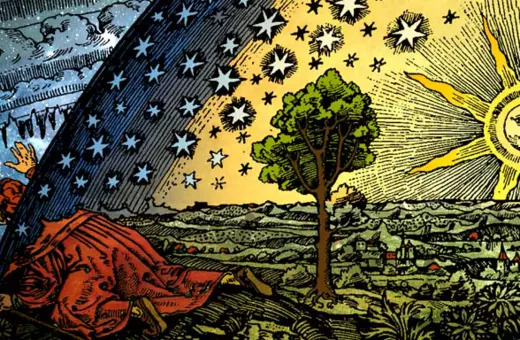

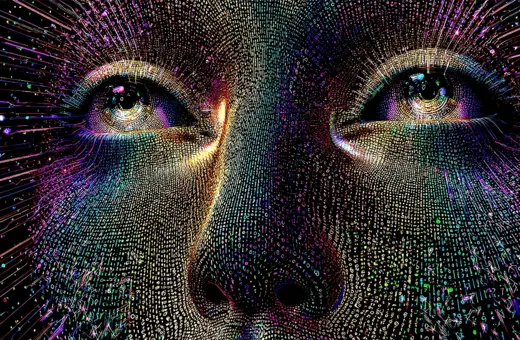
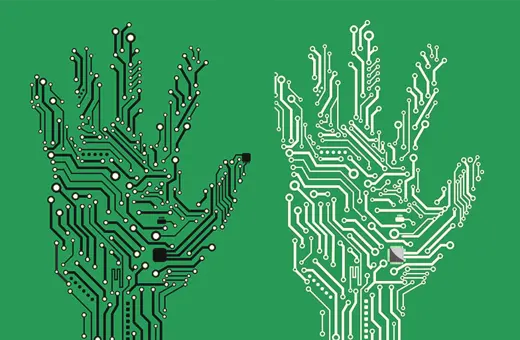
Join the conversation